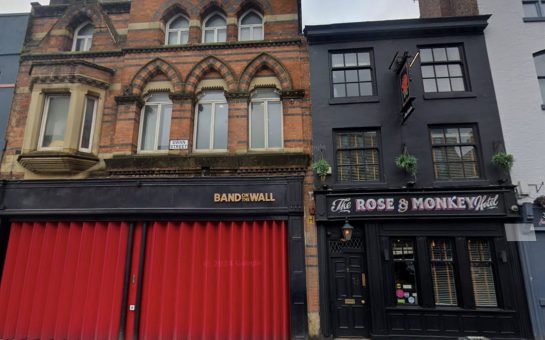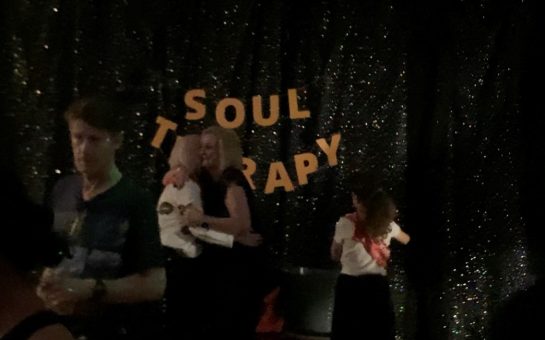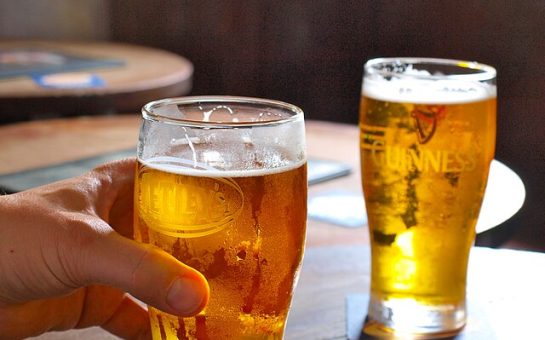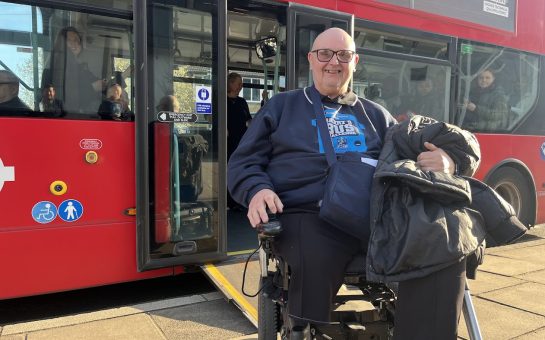For many of us, our weeks centre around the weekend – primarily around the obligatory Saturday night visit to the pub.
On average, Britons get drunk 51.1 times a year, which would work out to be an entire week if put together.
Sober October looks to buck that trend – and help raise money for worthy causes too.
Britons opt to go alcohol-free throughout the month of October, sponsored by their family and friends.
This year, over 60,000 people have gone tee-total to raise over £3 million.
Much has been made of alcohol consumption this year, especially in light of the debates surrounding pub closures and whether or not shops should sell alcohol in the middle of a pandemic.
Has Sober October been a different experience this time around?
Has it changed people’s views on alcohol?
For Gemma Bradley, Sober October was strictly about the fundraising: “I did not find the experience as life-changing as other people did.
“I enjoyed the time and saved a lot of money, but I did not feel any huge benefits from it.”
Ms Bradley has proudly raised £360 for Macmillan Cancer Support, which stands in sharp contrast to Aaron Daniel, who gave up alcohol to challenge himself.
Mr Daniel said, “I found I would end up drinking a lot through the week during the initial lockdown and I felt like I wanted to do something that would push myself to be that little bit healthier.”
This is not an unusual statement, as research by Alcohol Change UK found that 28 percent of British adults reported drinking more during lockdown.
Jonny Winbow expressed similar feelings about Sober October being a personal challenge: “Recently, I felt like I’ve depended on alcohol for a good time and I wanted to see if I could go for a full month without drinking.
“It’s 100% shown me that I don’t need a drink to have fun with friends. So it definitely means I won’t be drinking as much in the future.”
A majority of people who participate in Sober October won’t go tee-total, but figures from the Office Of National Statistics indicate that more young people are steering clear of a hangover – a report released earlier this year by the Society of Independent Brewers found that 23 percent of 18 to 24 year olds do not drink alcohol.
Dean McCullough has found that going without alcohol has had massive benefits for him: “It’s been really enlightening and I have so much more time on my hands.
“My relationships are better, my wellness is better, my sleep is better.”
Mr McCullough had previously gone without alcohol whilst he was travelling in 2017, and described his time without alcohol in India and Bali as being one where he was feeling ‘the most authentic’ he’d ever felt.
“Now we’re at the end of October and I just don’t think I’ve ever felt this happy, this clear.
“Obviously life issues still come up, but I can handle them a lot better without being hungover.”
McCullough, a presenter on the LGBT radio station Gaydio, has used the opportunity to open up a dialogue on alcohol miss-use in the LGBT community, and invited his Twitter followers to take part in a survey earlier this month to examine the issue.
The LGBT community has higher rates of alcohol dependency than the general population, with one in six LGBT people admitting to daily alcohol use, according to a Stonewall report from 2017.
Alcohol use, on the whole, is a very complicated issue. Sober October has been around for years, and has no doubt made people reevaluate their drinking habits in years gone by.
But now, with another lockdown imminently approaching, many will be facing more difficult questions about their relationship with alcohol.



